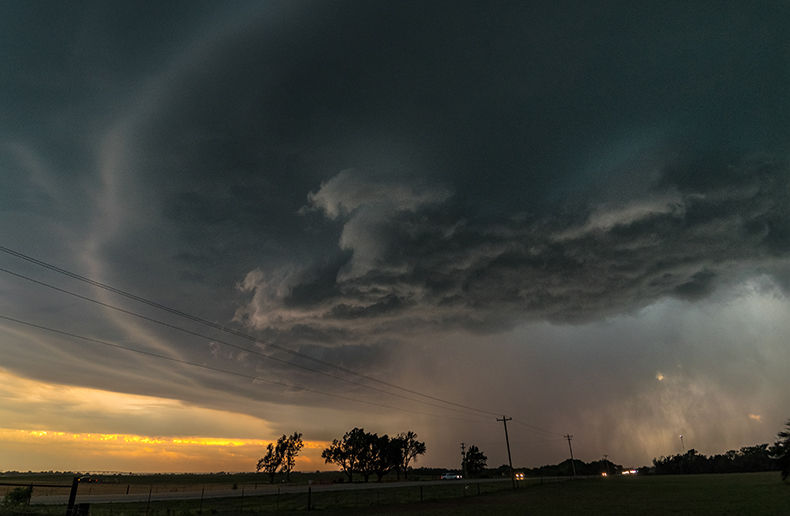Manulife Financial and its subsidiaries must pay more than $180,000 in administrative penalties and legal costs to the Superintendent of the British Columbia Financial Institutions Commission (FICOM) for contravening four sections of the province’s Financial Institutions Act. However, FICOM points out that the insurer was willing to cooperate and notes that no customers were harmed.
After reaching a settlement agreement, FICOM Superintendent and CEO Carolyn Rogers published a consent order concerning Manulife Financial Corporation, Manufacturers Life Insurance, and Benesure Canada, imposing a $50,000 penalty on each of them. The companies will also be jointly and severally responsible for paying more than $31,000 in legal fees, investigation costs, and travel expenses.
The Superintendent found that the group of companies had acted in violation of sections 75, 91, 176, and 178 of the British Columbia Financial Institutions Act (RSBC 1996, Chapter 14). Section 75 deals with the prohibition of unauthorized insurance activities, section 91 addresses disclosure of identity in advertising, section 176 requires that insurance applications only be accepted by licensed representatives, and section 178 prohibits paying commissions to unlicensed agents.
In its decision, the Superintendent stressed that the insurer had cooperated in the confidential investigation and took steps to rectify the problems FICOM had uncovered.
The Superintendent added that in the course of the investigation she had not found any situation in which a policyholder suffered injury. The companies named in the decision have confirmed that the insurance coverage they issued under their Mortgage Protection Plan (MPP) will remain valid and in force.
The activities in question concern the distribution of mortgage insurance by Benesure. In this case, mortgage brokers distributed the MPP program without holding the necessary license. Individuals also engaged in insurance company activities for the MPP without having the appropriate license.
The MPP mortgage insurance program was promoted through illegal referral activities conducted by the Tacamor Holdings call center and by Davis + Henderson (D + H), a firm specializing in e-commerce for the mortgage industry.
In 2013, these activities generated two requests to certify class action lawsuits, one in British Columbia and one jointly in Ontario and Quebec. Both of these are still before the courts.
Bruce W. Lemer of Lemer & Company Litigation Counsel is the lawyer handling the class action lawsuit in British Columbia. He believes that Manulife has admitted to FICOM that it infringed the sections of British Columbia law that form the basis of his class action lawsuit.
"The FICOM consent order acknowledges breaches of sections of the B.C. legislation that the plaintiffs are relying upon in the class action in B.C. The impact will probably be similar for the class action in Ontario because there are similar laws there and in the other common law provinces," said Lemer in an interview with The Insurance and Investment Journal. He declined to comment on what the FICOM decision might mean in Quebec because he said he was not sufficiently familiar with the Quebec civil code.
Manulife does not share Lemer's opinion. Manulife spokesperson Rebecca Freiburger told The Insurance and Investment Journal that the insurer cooperated with the Superintendent to arrive at an agreement to address the regulator's concerns. "It is imperative to note that there have been no consumer complaints to FICOM with respect to this matter," she commented. "Also, the Superintendent has stated following the investigation that she is not aware of any harm to policyholders and is satisfied with Manulife’s assurance that insurance coverages issued by Manulife under the MPP program continue to be valid and in effect."
Freiburger pointed out that the MPP program is a life and disability insurance product available across Canada. She also noted that the infringements uncovered by FICOM relate to the distribution of this product. "Manulife has been required to identify itself more clearly as the insurer behind the MPP product. It has also been asked to change the way it accepts applications from websites that are owned by Benesure instead of its licensed subsidiary, the Credit Security Insurance Agency (CSIA). The way in which MPP is administered through call centres which support Benesure and CSIA was not sufficiently within the requirements of B.C.'s regulations," she explained.
Ms. Freiburger indicated that Manulife has taken the corrective measures required, and now identifies itself more clearly as the MPP insurer and applications are made through the CSIA. The way the insurance program is handled in call centres has already been revised.
Class actions
Of the two class actions filed against Manulife, Benesure, and its subsidiaries, the one before the Superior Court of British Columbia does not disclose the amount claimed. The lawsuit before the Superior Court of Montreal is for damages estimated at $2.4 billion.
Lemer revealed that the merits of his case will be evaluated by the British Columbia court on Nov. 3. "Only after certification is granted will the actual hearing of the plaintiffs’ claims occur," he explained. "It could be weeks or several months before a decision is rendered on the certification, based on my experience."
The lawyer behind the lawsuit filed in Montreal, Anthony Merchant, had not yet returned our calls when this edition of the magazine was going to print. His firm, Merchant Law Group, is presenting the case to the Superior Court in Montreal on September 9 in the name of Jean-Pierre Leroux, one of the unsatisfied customers.
As for Manulife, the insurer remains confident about the outcome. "The class actions are civil matters and raise issues that will be dealt with by the court. It is important to note that MPP insurance customers can feel confident that their contracts are backed by Manulife which is a leading insurance company with some of the strongest financial strength ratings in Canada," commented Freiburger.






